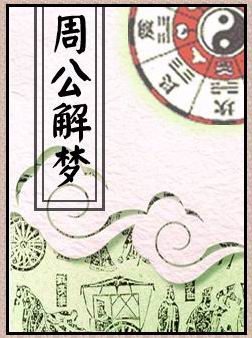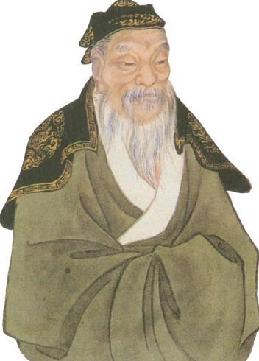Chinese Way
Chinese dream culture
Updated: 2011-03-25 15:03
By Feng Hui (chinaculture.org)
The Book Duke of Zhou Interprets Dreams
Dream interpreting is popular in China, and the most famous reference for dream interpreting is the book Duke of Zhou Interprets Dreams.
 |
Ancient Chinese people thought that dreams can imply auspicious and inauspicious things. The book Duke of Zhou Interprets Dreams was usually used as a reference for ancient people to interpret their dreams. Since different dreams have different meanings, people can get implications of auspiciousness or inauspiciousness by interpreting them, as ancient people had the idea that dreams were the implication from God.
When people dreamt of a tiger or of a snake, it meant auspicious things will happen to him or her. When people dreamt a snake coiled it implies his or her family will have unrest. When people dreamt his or her eyes blind, it symbolizes he or she can’t trust anybody, even the relatives and friends.
Dream Interpreting Has Some Scientific Basis
Actually, dream interpreting is not totally a superstition. It does have some scientific merit.
1. Dream is the reflection of fact. Many dreams are actually the repetition of things that happened in an awakened state. This kind of dream can be easily understood without dream interpreting.
2. Dream is the body’s self-implication. Traditional Chinese medical science stated that dreams are related to the health condition of human’s bodies. When Yin and Yang are unbalanced, dreams come into being. According to Chinese philosophy, Yin and Yang were two opposing principles in nature: the former negative, the latter positive. Yin is female and Yang is male.
If someone dreamt that he or she was roasted by a big fire and it is too hot to bear, it means the body’s inner heat is too strong. As a result, he or she may easily get angry or nervous. If someone experiences anger in dreams, it signifies that his or her liver-fire is flaming, which may signal liver disease. When someone dreamt about frightening things, felt terrified and distressed, or even cried in a dream, it implies that he or she has lung dryness that may lead to lung disease.
3. Dreams are usually contrary to the facts, which coincides with the philosophy that things will develop in the opposite direction when they become extreme. For example, when you dream of someone’s death, it means auspicious things will happen. When you dream the death of yourself, it implies that you will have a long life. If you dreamt of getting rich, it suggests that you will suffer unexpected personal financial losses. If you dreamt of someone laughing, it indicates that unlucky things will be coming.
Maybe you are asking yourself why the Chinese named the book for interpreting dreams Duke Zhou Interprets Dreams? Who is Duke Zhou? Is the book reasonable for dream interpreting?
Who is Duke of Zhou
 |
Duke of Zhou, named Ji Dan, was a famous politician from the Western Zhou Dynasty (1100-771BC) who assisted the emperor Wu and emperor Cheng in governing the country. He carried out policies of benevolence and established systems of rites and music, making the Western Zhou Dynasty peaceful and prosperous. To honor his contributions to the Western Zhou Dynasty, the later generations respectfully addressed him as the Sage.
The Story of Confucius Dreamt of Duke of Zhou
Confucius praised Duke of Zhou highly for his political achievements that made the society of Western Zhou Dynaty nearly perfect. Confucius had been learning the knowledge Six Arts (rites, music, archery, riding, writing, arithmetic) and the systems of Western Zhou Dynasty since he was a child. As the most respectful person in his mind, Duke of Zhou usually appeared in Confucius’s dreams. From then on, when mentioned someone had a dream, people usually said that someone dreamt of Duke of Zhou.
Based on the experiences and practices, an anonymous author wrote a book for interpreting dreams and predicting the auspiciousness and inauspiciousness, which was named Duke of Zhou Interprets Dreams.
As ancient Chinese peoples’ wisdom and experiences crystallized, Duke of Zhou Interprets Dreams became less regarded as a superstition. To some degree, it is scientifically reasonable.
Handed down over thousands of years, the profound book still has many mysteries waiting for us to explore.

Specials

Flying the TCM flag
A small German town is home to Europe's flagship clinic for traditional Chinese medicine

Hunting grounds
Opinion divided as China debates opening door to international players

Animal attraction
World's youngest chief fur designer set to launch own label and tap into huge China market.